Brain
-
 Brain
BrainLess screentime linked to better memory, learning in kids
Kids ages eight to 11 spend an average of 3.6 hours a day on screens, a new study shows. But the best thinking scores come from kids who average fewer than two hours a day of screen time.
-
 Health & Medicine
Health & MedicineTeens’ cell phone use linked to memory problems
A new study suggests teens who get more exposure to cell-phone radiation — and hold their phones up to their right ear — do worse on one type of memory test.
-
 Brain
BrainFootball and hockey don’t necessarily doom players’ brains to serious damage
A broad look at the brains and behavior of retired pro football players and hockey players finds no signs of early dementia.
-
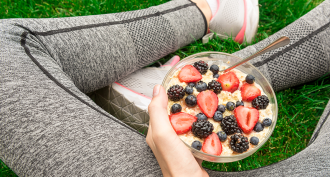 Brain
BrainBody heat due to exercise may reduce hunger
Why aren’t animals hungry after a workout? Brain cells that control appetite may sense the exercise heat — and keep you out of the kitchen, a new study finds.
-
 Brain
BrainSoccer headers may hurt women’s brains more than men’s
Women sustain more brain damage from heading soccer balls than men, a new imaging study indicates.
-
 Health & Medicine
Health & MedicineTaste good? Senses inform the brain — but don’t tell everyone the same thing
Whether something tastes appetizing depends on what a host of different sensory nerves collectively tell the brain. Warning: Sometimes they aren’t dependable — or even truthful.
By Lela Nargi -
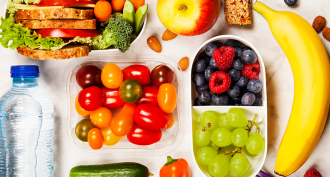 Health & Medicine
Health & MedicineExplainer: Taste and flavor are not the same
What’s behind a food’s flavor? More than what we taste, it turns out.
By Lela Nargi -
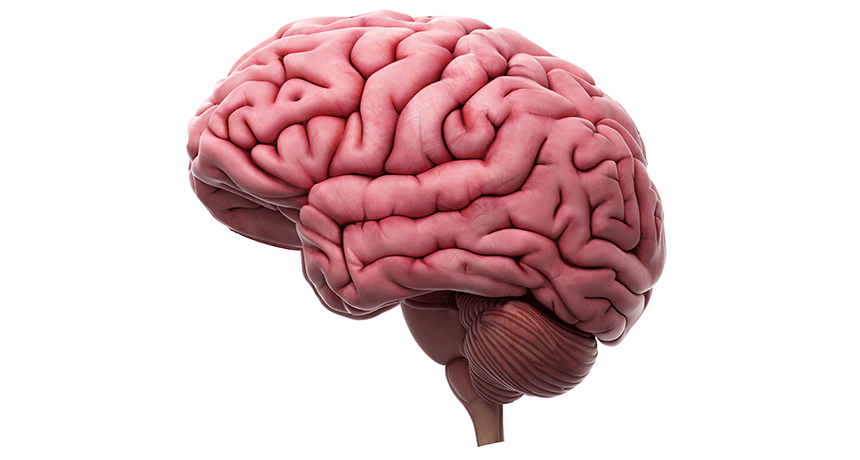 Brain
BrainScientists Say: Ventral striatum
The ventral striatum is an area of the brain that plays an important role in mood, learning and addiction. It has a lot of dopamine, a chemical messenger.
-
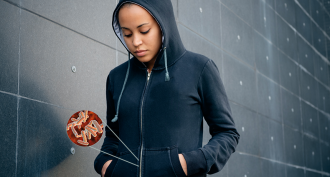 Brain
BrainBelly bacteria can shape mood and behavior
Our guts and our brains are in constant communication with the goal of managing a whole lot more than food digestion. Their conversations can affect stress, behaviors — even memory.
-
 Brain
BrainNot all social media sites are equally likely to provoke anxiety
Most teens are on social media. Could these sites cause anxiety? A teen checks it out — and finds big differences.
-
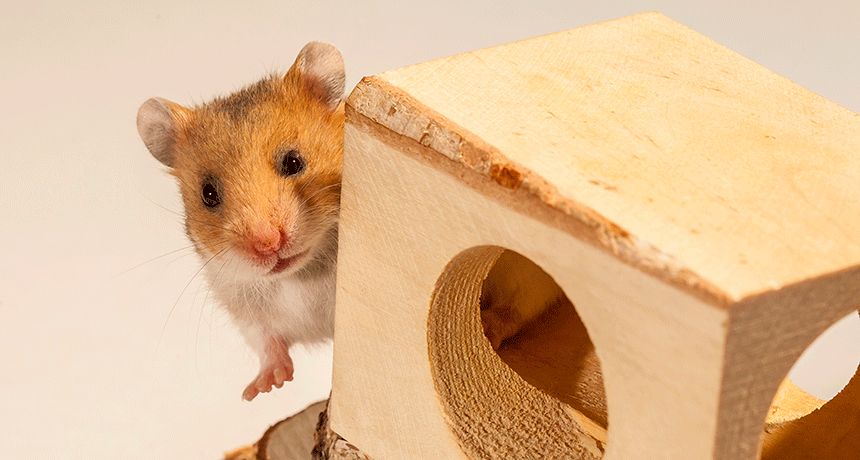 Psychology
PsychologyBullying alters ‘bugs’ in the gut, hamster data show
A new study found that the microbes in a hamster’s gut changed in response to social stress.
-
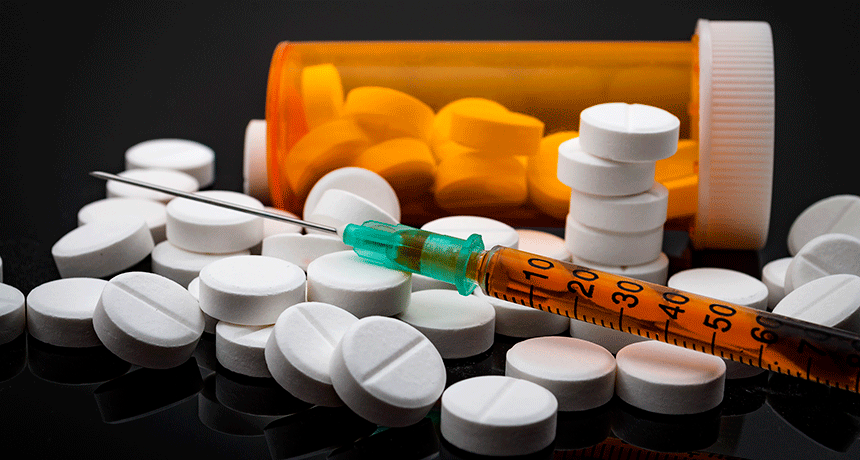 Brain
BrainExplainer: What are opioids?
Opioid drugs can kill pain, but they can also kill people. Here’s how.